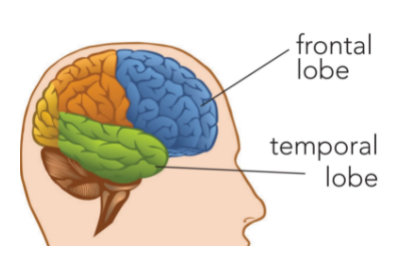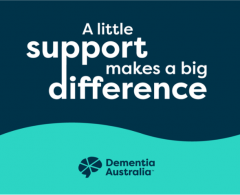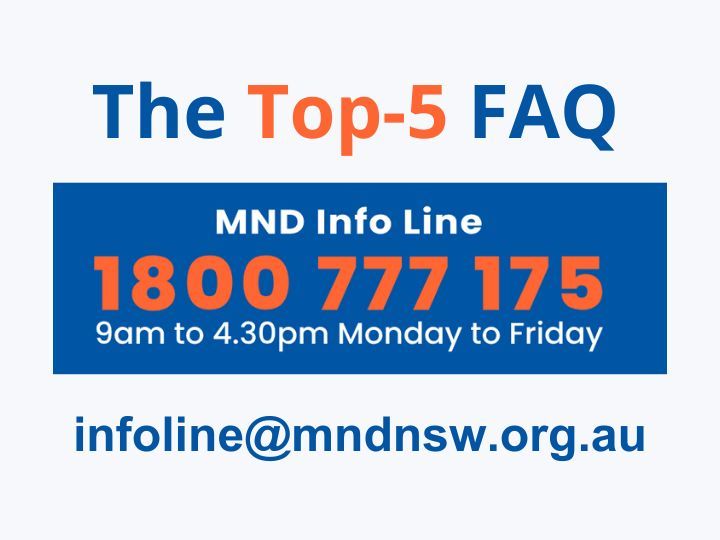20 – 26 September 2021
Dementia impacts close to half a million Australians.
Dementia Australia’s campaign - ‘A little support makes a big difference’ demonstrates that many people living with dementia can continue to live well for many years after their diagnosis.
Cognitive changes & MND
Some people with MND, but without a diagnosis of dementia, will experience changes to their thinking and behaviour known as cognitive change. This is useful to understand and consider when managing both day to day activities and when planning for future needs.
Research has found that over 50% of people with MND can experience changes in their thinking and behaviour. When cognitive and behaviour changes occur in MND, it is because there have been changes in specific areas of the brain. Most people with MND experience relatively mild cognitive changes.
Frontotemporal Dementia & MND
A small proportion, 5–15% of people with MND, show more significant changes and may be diagnosed with frontotemporal dementia (FTD). They may receive a diagnosis of motor neurone disease with FTD or MND/FTD.
Frontotemporal dementia (FTD) is the name given to dementia when it is due to progressive damage to the frontal and/or temporal lobes of the brain. The progressive damage to these areas can lead to changes in personality, emotion, language and behaviour. The symptoms of dementia often precede the motor symptoms, sometimes by several years.

What changes may happen?
Changes in cognition can include difficulties with:
- a general slowing down of thinking processes
- a reduced ability to organise, make decisions and plan ahead
- being less willing to try something new and initiate activities
- reduced ability to remember recent information
Changes in behaviour or personality can include:
- rigidity – resistance to changing routine or attempting new activities
- impulsivity – doing or saying things without considering consequences
- irritability – experiencing a ‘shorter fuse’ or reacting with disproportionate anger to events
- disinhibition – such as saying inappropriate things during social events
- apathy – reduced motivation and less interest in previously enjoyed activities
- difficulty understanding and expressing emotion
Changes in language can include:
- difficulty finding the right word in conversation
- taking longer to respond in conversations
- problems in understanding the meaning of words
Points to think about
- Many people with MND do not experience cognitive and behaviour change.
- Symptoms might be caused by factors other than changes in the brain (for example, depression or medication effects) so this may need investigating.
- If changes are noticed by the person with MND or others, supports are available to assist with management of these symptoms.
To find out more about cognitive and behaviour change in MND you can download a 2-page information sheet – Cognitive and behaviour change in MND
Dementia Action Week
Dementia Australia will provide information and tips to encourage all Australians to increase their understanding of dementia and learn how they can make a difference to the lives of people around them who are impacted. This year, the focus will also be on supporting and celebrating carers of people living with dementia.
Choose the option that best describes you to find out more:
I want to learn more about dementia - Learn more
I am living with dementia - Learn more
I care for someone living with dementia - Learn more
To find out more about frontotemporal dementia, visit the Dementia Australia webpage: Frontotemporal dementia.
To find an event or online webinar see: Events calendar - Dementia Australia




